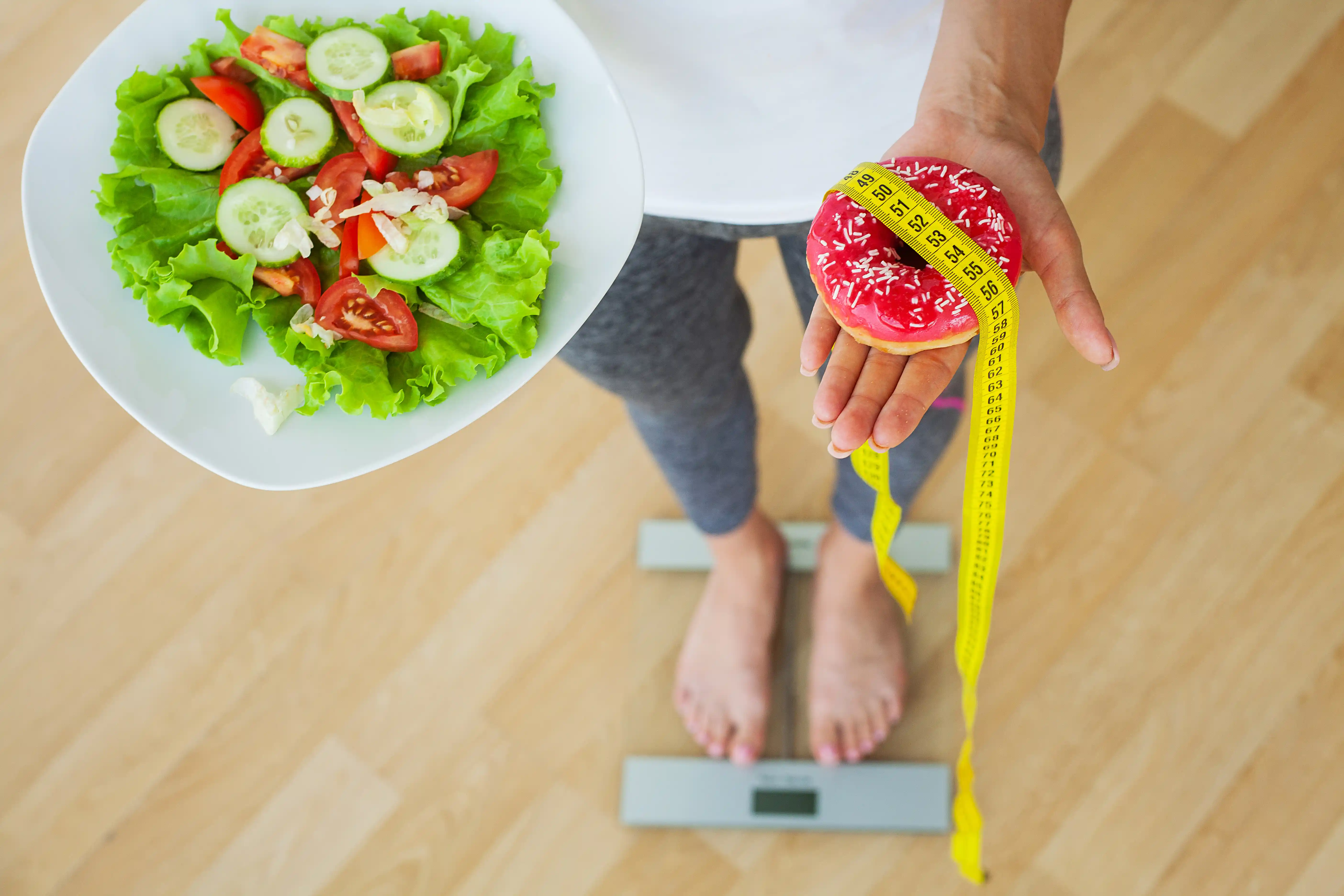Sleep apnea is a disruptive sleep disorder that affects millions worldwide. While professional medical treatments remain essential for many, home remedies and lifestyle adjustments can play a supportive role in managing symptoms. These natural strategies help improve breathing, reduce apnea episodes, and enhance overall sleep quality from the comfort of your home.
What Is Sleep Apnea?
Sleep apnea is a condition characterized by repeated interruptions in breathing during sleep. These pauses can last for a few seconds to minutes and may occur dozens or even hundreds of times per night.
The most common form, obstructive sleep apnea, occurs when throat muscles relax excessively, blocking the airway. This leads to oxygen deprivation, fragmented sleep, and a range of health issues if left untreated.
Why Consider Home Remedies?
While devices like CPAP machines are the gold standard for treating moderate to severe sleep apnea, some people prefer to start with or complement medical treatments using home remedies.
These approaches can be beneficial for individuals with mild sleep apnea or those seeking to enhance their sleep hygiene and overall airway health. Home remedies also empower you to take an active role in managing your condition, often with few side effects or costs involved.
In the following sections, we’ll explore some practical home remedies that may help ease sleep apnea symptoms.
1. Maintain a Healthy Weight

Excess weight, especially fat around the neck and upper airway, can significantly contribute to the development and worsening of sleep apnea. This added pressure narrows the airway, making it more likely to collapse during sleep. Shedding even a small amount of weight can lead to noticeable improvements in sleep quality.
In mild cases, weight loss alone may even eliminate symptoms. Additionally, maintaining a healthy weight supports cardiovascular function, which is often compromised in people with sleep apnea.
2. Sleep on Your Side
Sleeping flat on your back encourages the tongue and soft tissues to fall backward, increasing the chance of airway obstruction. This is particularly problematic for people with positional sleep apnea, where symptoms are worse in the supine position.
Side sleeping helps keep the airway open and reduces both the frequency and intensity of apneic episodes. Using a body pillow or placing a tennis ball in the back of your pajamas can help prevent rolling onto your back during the night.
3. Use Specialized Pillows
Certain pillows are designed to support better breathing alignment during sleep. Wedge pillows slightly elevate the upper body, helping to prevent airway collapse, while cervical pillows support the natural curve of the neck and reduce strain on the airway.
These tools can encourage side or inclined sleeping positions, which are often more favorable for those with obstructive sleep apnea. When combined with other lifestyle changes, they can make a notable difference in symptom relief.
4. Elevate Your Head
Raising the head of your adjustable bed or sleeping on a wedge pillow creates an inclined position that uses gravity to keep the airway open. This can prevent the tongue and soft tissues from falling backward and blocking airflow during sleep. Head elevation is particularly helpful for people who suffer from orthopnea or acid reflux, both of which are worsened when lying flat.
By reducing pressure on the chest and airway, this sleeping position improves breathing and reduces the risk of snoring or apneic episodes. It's a practical adjustment that works well with other lifestyle modifications to improve overall sleep quality.
5. Avoid Alcohol and Sedatives
Alcohol and sedatives relax the muscles in your throat, making it easier for the airway to collapse during sleep. They can also dull your body’s natural response to low oxygen levels, prolonging apneic episodes. Limiting or avoiding these substances, especially close to bedtime, can lead to more restful and safer sleep.
6. Quit Smoking

Smoking irritates and inflames the airway tissues, increasing mucus production and congestion, all of which contribute to airway narrowing. Over time, it also worsens respiratory and cardiovascular health, both of which are closely tied to sleep apnea severity. Quitting can lead to noticeable improvements in nighttime breathing.
7. Establish a Consistent Sleep Schedule
Going to bed and waking up at the same time each day helps regulate your circadian rhythm and supports restorative sleep.
People with irregular sleep schedules may experience more frequent and intense apneic events due to poor sleep architecture. A consistent routine trains your body to enter deeper sleep stages more efficiently, which helps reduce fatigue and improve overall health.
8. Practice Diaphragmatic Breathing
This breathing technique involves using the diaphragm (rather than shallow chest breathing) to fully inflate the lungs. Practicing diaphragmatic breathing during the day can help strengthen respiratory muscles, promote calmness before bedtime, and improve breathing patterns at night.
It may also lower stress levels, which can indirectly reduce the severity of apneic events by promoting deeper, uninterrupted sleep.
9. Try the Buteyko Breathing Method
The Buteyko Method focuses on gentle, nasal breathing and reducing over-breathing or hyperventilation. By training the body to breathe more efficiently through the nose, this technique can help reduce mouth breathing at night, a common contributor to airway collapse.
While more research is needed, some studies suggest that consistent Buteyko practice may support better oxygenation and lessen symptoms of mild obstructive sleep apnea.
10. Keep Bedroom Air Clean
Dust, pet dander, mold, and pollen can irritate the airway and trigger allergies or nasal congestion, all of which worsen breathing at night.
Keeping your bedroom clean, using HEPA-filter air purifiers, washing bedding regularly, and removing allergens like pets from the room can greatly improve air quality. Breathing cleaner air reduces inflammation and supports uninterrupted, more restful sleep.
11. Use a Humidifier
Dry indoor air can irritate the throat and nasal passages, increasing snoring and breathing difficulty. A humidifier adds moisture to the air, which can soothe the airway and promote smoother breathing. This is especially helpful in winter months or dry climates.
12. Practice Throat and Tongue Exercises
Oropharyngeal exercises strengthen the muscles in the throat, tongue, and soft palate, which are responsible for keeping the airway open during sleep. When these muscles are weak, they can collapse and obstruct breathing.
Daily exercises like tongue slides, soft palate lifts, or exaggerated vowel sounds help tone these areas, improving stability. Over time, the airway becomes more resistant to collapse, leading to fewer apneic events and less snoring.
These exercises are especially beneficial for people with mild to moderate sleep apnea or those who prefer non-invasive treatments. With consistency, they can significantly support better nighttime breathing.
13. Treat Nasal Congestion
Blocked nasal passages force mouth breathing during sleep, which increases the risk of airway collapse and snoring. Treating nasal congestion is essential for maintaining proper airflow through the nose.
Solutions may include using saline sprays, decongestants, steam inhalation, or allergy medications. Nasal strips can also mechanically open the nostrils, improving airflow. By keeping the nasal passages clear, you reduce the likelihood of waking up due to breathing difficulties.
Addressing congestion, especially during allergy seasons or respiratory infections, can make a noticeable difference in both the quality and quantity of sleep.
14. Try Herbal Remedies and Teas
Certain herbal teas and natural remedies can promote relaxation and reduce nighttime anxiety, helping you fall asleep more easily. Herbs like chamomile, peppermint, valerian root, and lavender have calming, anti-inflammatory properties that may also soothe the airway and encourage smoother breathing.
While these remedies won’t treat the root cause of sleep apnea, they can support better sleep hygiene and reduce tension before bed. Drinking herbal tea as part of a nightly routine may also discourage alcohol or caffeine intake late at night, creating a more sleep-friendly environment overall.
15. Consider Mouth Taping or Nasal Strips (with Caution)
Mouth taping encourages nasal breathing by keeping the mouth closed during sleep, while nasal strips physically open the nostrils to improve airflow.
These methods may reduce snoring and improve breathing patterns, but should be used with caution. Always consult a doctor before trying them, especially if you have moderate to severe sleep apnea.
When Home Remedies Aren’t Enough
While home remedies can be effective for managing mild sleep apnea symptoms, they are not a substitute for professional medical treatment when the condition is more serious. Recognizing when it’s time to seek medical attention is crucial to avoid complications and protect your overall health.
Signs Your Sleep Apnea Needs Medical Attention
If your symptoms persist or worsen despite trying home remedies, it may indicate that sleep apnea requires medical intervention. Paying attention to warning signs helps ensure timely diagnosis and treatment.
Persistent Daytime Fatigue Despite Remedies
Feeling excessively tired or sleepy during the day, even after attempting lifestyle changes and home treatments, suggests that sleep apnea is significantly disrupting your sleep quality and needs further evaluation.
Loud, Frequent Snoring and Breathing Pauses
Continuous loud snoring accompanied by observable breathing pauses, gasping for air, or choking sounds during sleep are strong indicators of moderate to severe sleep apnea, which usually cannot be managed by home remedies alone.
Difficulty Controlling Blood Pressure or Other Health Issues
If you have high blood pressure, heart problems, or other related health conditions that worsen or remain uncontrolled, it may be a sign that untreated sleep apnea is affecting your cardiovascular health, warranting professional care.
Diagnosed with Moderate to Severe Sleep Apnea
Anyone diagnosed with moderate to severe sleep apnea should follow their doctor’s advice regarding treatment, as home remedies alone are unlikely to be sufficient in managing the condition safely and effectively.
When to See a Doctor
It’s important to consult a healthcare professional if you experience persistent symptoms such as loud, frequent snoring, observed pauses in breathing during sleep, or excessive daytime fatigue.
Additionally, if you have difficulty controlling high blood pressure or notice worsening heart-related issues, these could be signs that sleep apnea is affecting your health.
Early diagnosis through a sleep study and timely treatment can prevent complications and improve your quality of life. Don’t hesitate to seek medical advice if home remedies aren’t relieving your symptoms or if your condition is worsening.
FAQs
Can Home Remedies Cure Sleep Apnea?
Home remedies may help reduce mild symptoms, but usually can’t cure sleep apnea, especially moderate to severe cases. Professional evaluation and treatment are often necessary.
Are Home Remedies Safe to Use with CPAP?
Yes, home remedies such as weight loss, changing sleep positions, and avoiding alcohol are safe and often recommended alongside CPAP therapy. Combining these approaches can enhance treatment effectiveness and improve sleep quality.
How Long Does It Take to See Improvement with Home Remedies?
Results vary depending on the remedy and individual, but many people begin noticing better sleep and fewer apnea episodes within a few weeks. Consistent lifestyle changes over several months often yield the best, sustained improvements.
Can Weight Loss Help Sleep Apnea?
Yes, weight loss can significantly improve sleep apnea by reducing fatty tissue around the airway, lessening obstruction. Even modest weight loss can decrease apnea severity, making it one of the most effective natural ways to manage symptoms.
Conclusion
While home remedies can help reduce mild sleep apnea symptoms and improve sleep quality, they are not a replacement for professional medical treatment in moderate to severe cases.
Combining lifestyle changes with medical care offers the best chance to manage symptoms and protect your health. If symptoms persist or worsen, consult a healthcare provider for proper diagnosis and treatment.
Jessica H.
Jessica is a reviewer, writer, and sleep enthusiast at Sleepiverse. Jessica graduated with her master's degree in Nursing research and education. She is a registered nurse and currently works in the Intensive Care Unit. Since becoming a nurse, Jessica has worked the night shift, which means a disrupted sleep schedule. Knowing she needed to function at her best while caring for patients at night, she spent a lot of time researching how to sleep well with a difficult schedule.


